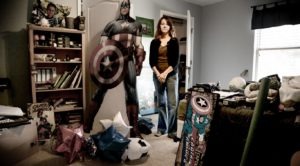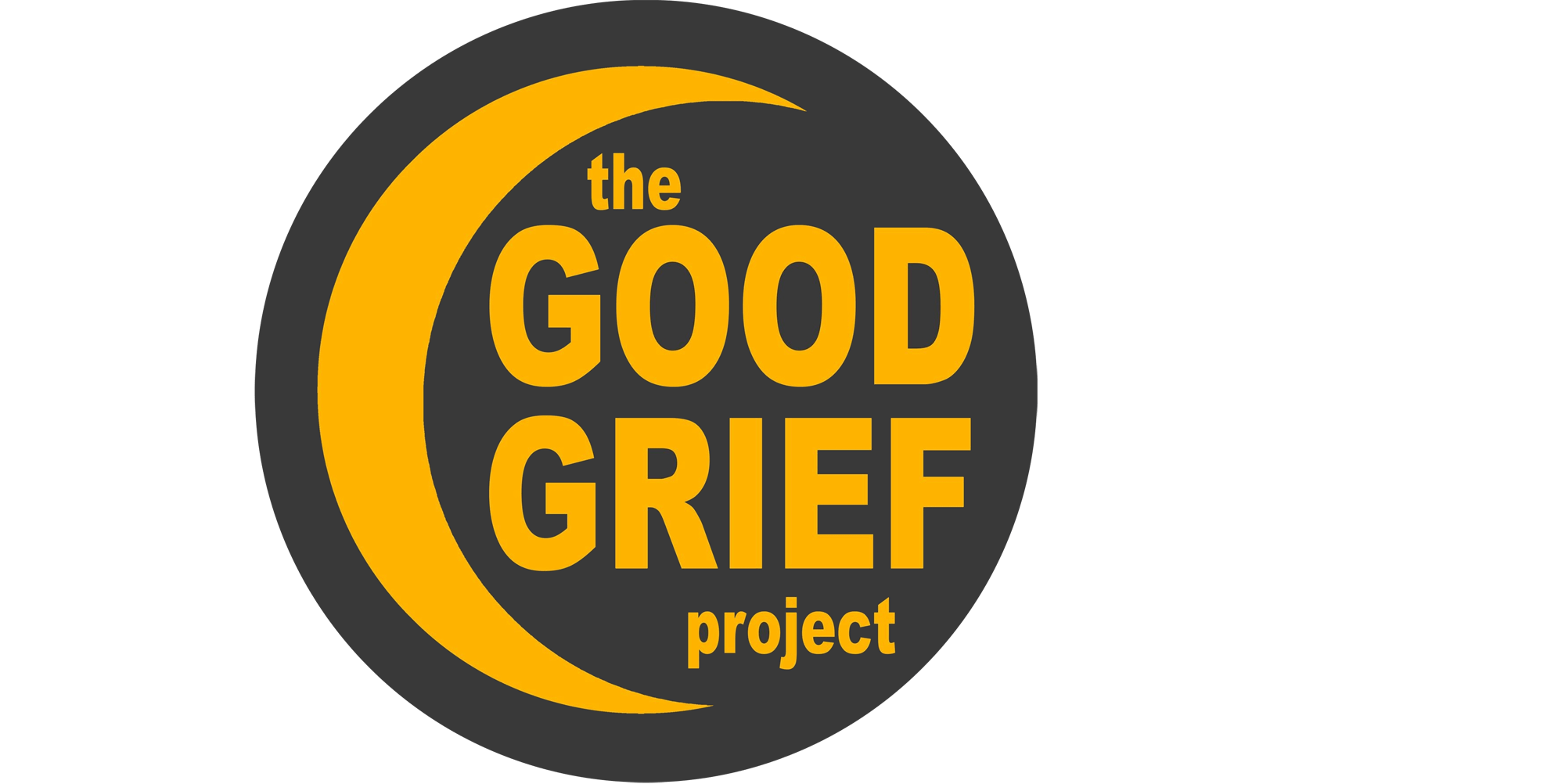Dan & Kelly's Story: Don't Judge Our Grief
- Name: Dan & Kelly Anglin
- Location: Farmington, New Mexico
- Remembering: Jordan Anglin 2000 – 2014
Jordan Anglin was 14 when he picked up his father’s pistol, not realising there was a bullet in the chamber. No one is quite sure how or why he had gone to his parents’ bedroom where the gun was kept, or how he had managed aim the gun so that the bullet went straight through his brain. Jordan died on 8th November 2014.
Many American families have guns in their home as a matter of course and many American children grow up having being taught all there is to know about gun safety. Jordan’s dad, Dan Anglin, was as conscientious as any American father in showing his son how to make a gun safe after a day out on the range. You empty the magazine of any remaining bullets, and you empty the chamber. But on the day before Jordan picked up that gun Dan had mistakenly left the gun still loaded.
“Lean into the grief…stuffing your feelings can make you sick”.
Kelly Anglin

It has been difficult for us to listen to the Anglins tell their story without pre-judging them. This is a project about grief and how families deal with the death of a much loved child. It is not about how or why that child died. But in less than a year Dan, his wife Kelly and their daughter Taylor seemed to have recovered an equilibrium in their lives that would be remarkable even if no one felt any responsibility for the tragedy. Perhaps equilibrium is the wrong word, but Dan and Kelly exhibit a fairly reasoned acceptance of the facts surrounding Jordan’s death, that we who do not live in a culture where gun ownership is taken so much for granted, initially found hard to understand.
So how have the Anglins managed over the eleven months since their son’s death? “It’s been hard,” says Kelly, “there are still days I question God. What happened? Was he upset? Why was he messing with that gun?”
And for Dan there’s a huge burden of guilt – “I don’t feel like it was my fault, but did my actions contribute and the fact is yes and I can’t escape that but you could drive yourself crazy thinking what could have been.”
The “what ifs”, especially in an ‘accidental’ death are common hauntings for all bereaved parents but for us to truly empathise we would have to get round the common consensus in America that guns are no more or less dangerous than cars and the Anglins view that Jordan’s death was a tragic, possibly avoidable, but essentially a tragic accident.
And for us to understand the depths of their grief, we need to put our prejudice to one side, resist making a judgement on their account of Jordan’s death, and listen hard to the difficulties they have as they are visited with all the conflicting emotions that follow the death of a child – of any child.
Both Dan and Kelly are in fact, quite open with their grief and tears flow easily. Neither parent is yet ready to tidy up his room, photos of their son are on every wall of their home. They are heartbroken and have created their own ritual of leaving painted stones with Jordan’s name on them around their town for others to find and know that their son existed.
Less than a year after suffering ‘the worse loss of all’ the Anglins have already found a wisdom that can be an example for all who are looking for a measure of hope in the darkness.
“Lean into the grief.” Kelly says she is still trying to figure out exactly what that means but that she’s not pushing it away. “I’m not ignoring my feelings and I’m learning to be OK with that. If I’m having a bad day, then I’m having a bad day. To me that’s healthy. Stuffing your feelings can make you sick”.
Being honest with and sharing your feelings, your doubts and all the ‘hard stuff’ is to acknowledge the pain, to validate it and thus to receive comfort. “If we never tell anyone our hurts and our pains how are they going to know to comfort us”.
But no one would deny how difficult that can be – especially if those around you are too ready to judge.
“Did my actions contribute? The fact is, yes, and I can’t escape that, but you could drive yourself crazy thinking what could have been.”

